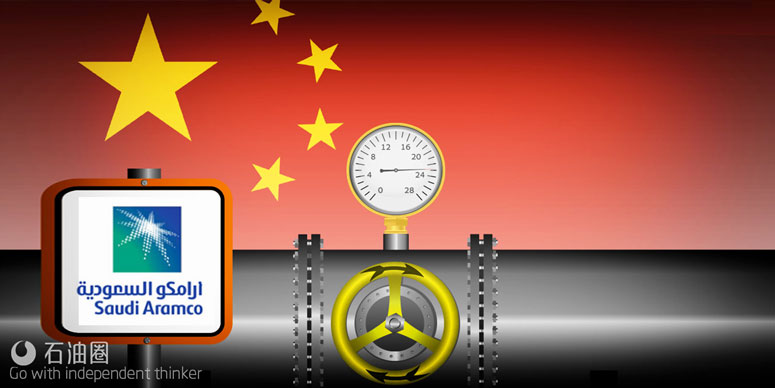
当人们接触到“石油巨头”这一字眼时,通常会联想到如BP、壳牌、埃克森美孚等规模庞大的私有企业。诚然,他们在油气行业中具有重大影响,但与国有油气公司相比,他们在某些方面仍然相形见绌。基于此,Rigzone针对当前市场状况,在“理想雇主调查”中总结出了全球十大最受雇员欢迎的国有石油公司。今天,石油圈带您一睹全球十大最佳国家石油公司的风采!
作者 | Karen Boman
编译 | 徐文凤
EIA于今年早期指出,截至2014年,国有石油公司掌控着全球75%的已探明石油储量,且世界上60%的原油也产自国企,仅沙特阿美一家产量就占2014年全球产量的10.7%。相比之下, BP、壳牌、埃克森美孚等跨国集团的同期产量仅分别为2.2%、1.7%及2.4%。
除却石油储量与产能方面的优势,国有石油公司(NOC)的所有权是部分甚至完全为政府所拥有,且除经济目标外,国企还要满足国家层面的其他需求,如为公民提供低廉能源、为社会提供工作岗位及资助政府项目等。国有石油公司对一个国家的政治、经济都有重大影响,那么究竟哪几家国油最受全球雇员欢迎?
全球十大最受欢迎国油排行榜
Top 1. 沙特阿美
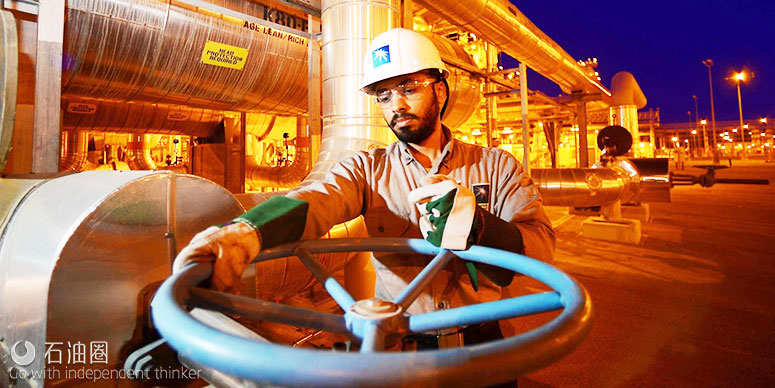
沙特阿美,是沙特阿拉伯国有石油公司,历史可以追溯到1933年,总部位于达曼,拥有6526名员工,年营业额3780亿美元,是世界上最具价值的油气公司。根据2015年的数据,公司的原油年产量为37亿桶,炼化产品年产6.41亿桶,石油产量居世界第一。该公司目前拥有世界上最大的油田,主要从事石油勘探、开发、生产、炼制等板块,业务遍及全球。
Top 2. 挪威国家石油公司
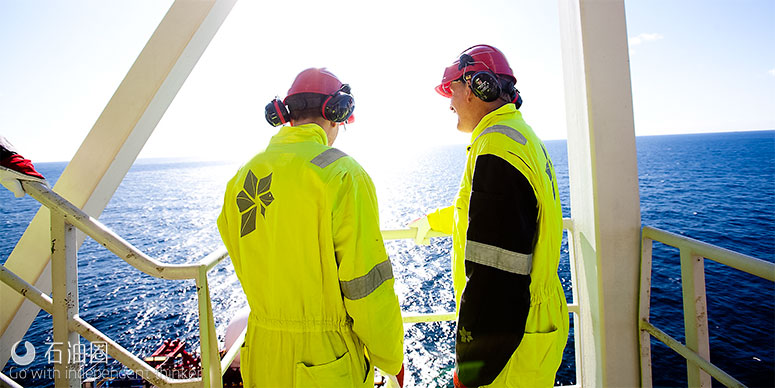
挪威国家石油公司(Statoil),Statoil由挪威议会于1972年组建,总部位于挪威斯塔万格,直属石油能源部领导,股份全部为国家所有。2001年,Statoil 实现上市,实行股份部分私有化。2007年,公司和挪威海德罗公司(Norsk Hydro)油气部门合并,成为北欧最大的石油公司,雇员超过2.5万人,产量为197万桶当量/天。作为世界上最大的原油净销售商之一和欧洲大陆天然气的主要供应商,挪威国家石油在多个国家经营着2000座加油站。
Top 3. 阿布扎比国家石油公司
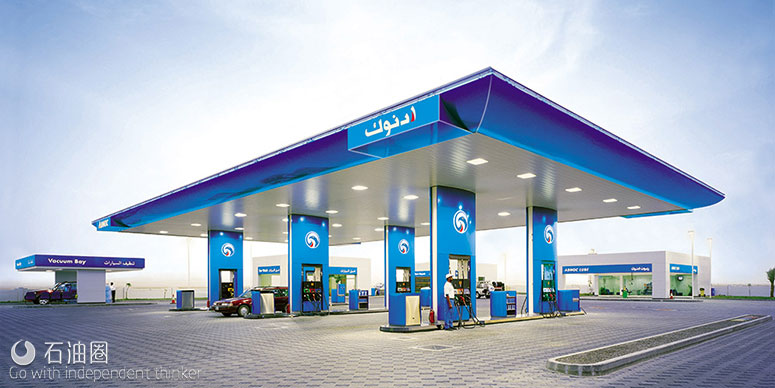
阿布扎比国家石油公司(ADNOC),成立于1971年,总部位于阿布扎比,股份全部为阿联酋政府所有。公司主要从事石油勘探、开发和生产等业务,旗下有18个子公司,包括阿布扎比国营石油销售公司、国营钻井公司、陆上石油作业公司、海洋作业公司、天然气工业公司和天然气液化公司等,原油日产量为315万桶,天然气日产量为98亿立方英尺,炼化能力为90万桶/天。
Top 4. 马来西亚国家石油公司

马来西亚国家石油公司 (Petronas),成立于1974年,总部设在吉隆坡,为政府全资控股公司。其拥有53149名员工,日产量为230万桶油当量/天。该公司掌握着马来西亚所有石油及天然气资源,并负有使这些资源增值的责任。Petronas已经从最初单纯的石油天然气开采企业成长为目前业务范围广泛、拥有多方面增值能力的实体。该公司主要从事上游勘探及生产、下游石油提炼、石油制品营销等业务。
Top 5. 卡塔尔石油公司
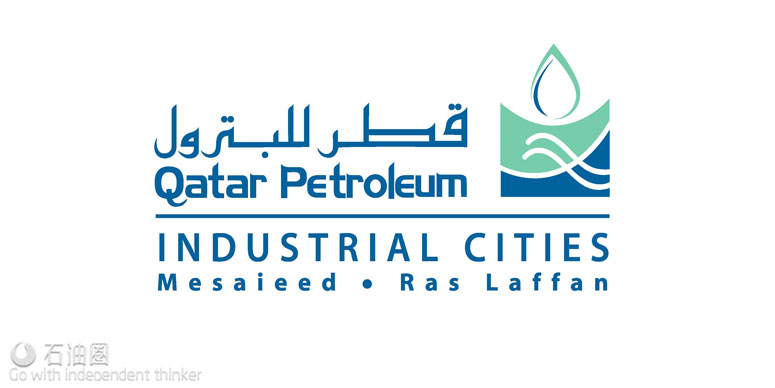
卡塔尔石油公司成立于1974年,总部设在多哈。该公司全面负责卡塔尔国内外的油气工业活动,并代行政府职能。目前,该公司原油日产量为186万桶/天,并重点开发卡塔尔北方大气田,该气田天然气储量为4.2万亿立方米,是世界上最大的气田之一。
Top 6. 科威特石油公司
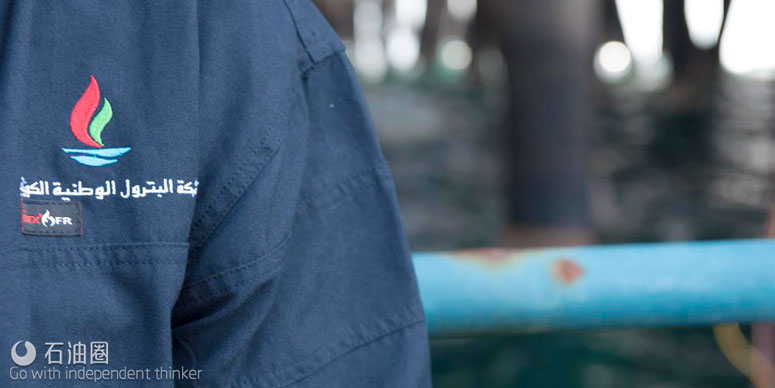
科威特石油公司,成立于1934年,总部位于科威特,由美国海湾石油公司和英国英伊石油公司合股(各50%)组成,取得该国全境七十五年的石油开采权。1973年7月,科威特国家石油公司接管了舒维赫港口的全部油库管理业务。1975年,科威特政府收回全部股份,并成立国家石油公司,总公司设在科威特。该公司主要从事国内外石油工业活动,并负责国内石油炼制等。该公司原油产量为580万桶/天。
Top 7. 阿曼石油开发公司
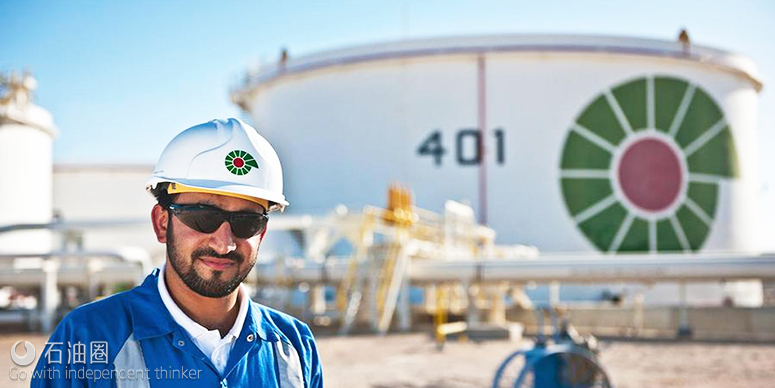
阿曼石油开发公司(PDO),成立于1937年,总部位于阿曼马斯克特。政府拥有其 60%的股份,此外,壳牌占股34%、道达尔占股4%、葡萄牙的Partex占股2%。阿曼国油拥有阿曼大部分石油储备,并负责全国70%以上的原油生产。值得一提的是,该公司在天然气行业拥有的市场份额比在石油行业的还要大,几乎占据了阿曼全部的天然气供应,其中有少部分来自西方石油公司和泰国国家石油公司。总的来说,该公司员工数为8000,原油产量为129万桶油当量/天。
Top 8. 哥伦比亚国家石油公司
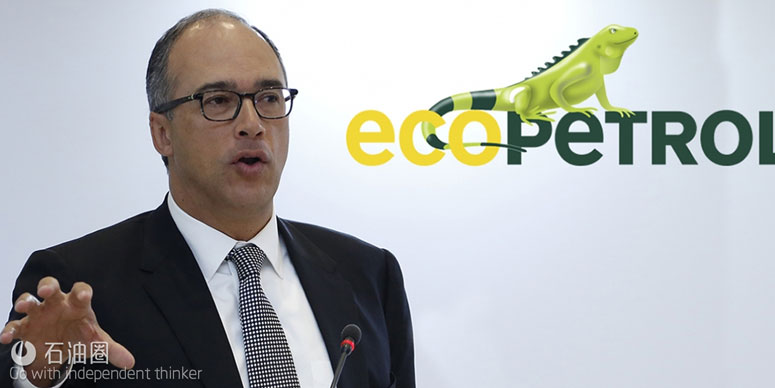
哥伦比亚国家石油公司(Ecopetrol S.A.)成立于1951年,总部位于波哥大,是一家完全由国家控股的综合石油公司,下设勘探开发、运输、炼油、天然气等15个部门,并通过直接作业和与私有公司联合管理的方式,管理国家的油气资源。自1974年起,若外资和当地私人资本想进入该国石油领域,必须事先与哥伦比亚石油公司签署合作合同。2003年,哥伦比亚决定对国家石油公司进行改组,成立石油天然气管理局(ANH),负责制定政策和勘探开发项目的招标。该公司主要业务包括石油、天然气勘探开发、管线建设和石油炼制等。公司员工数为8700,原油产量为76.07万桶油当量/天,炼化能力为23.22万桶/天。
Top 9. 中国海洋石油总公司
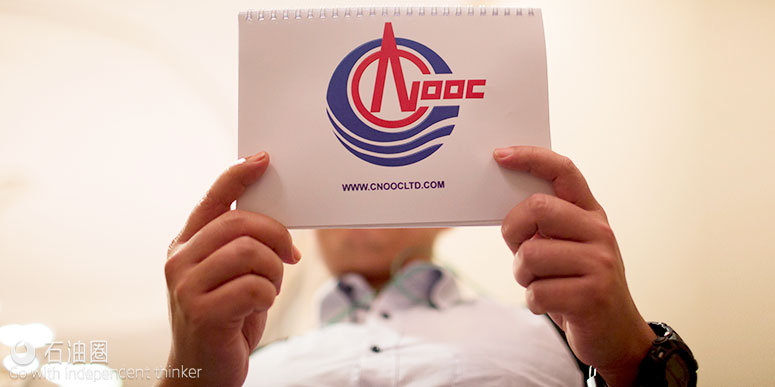
中海油(CNOOC)是中国国务院国有资产监督管理委员会直属的特大型国有企业,是中国最大的海上油气生产商。自1982年成立以来,中海油保持了良好的发展态势,由一家单纯从事油气开采的上游公司,发展成为主业突出、产业链完整的综合型能源集团,业务覆盖了油气勘探开发、专业技术服务、炼化销售及新能源等板块。该公司现任CEO为杨华,拥有约11万名员工,原油年产量为2.15亿桶油当量。
Top 10. 中国石油天然气集团公司
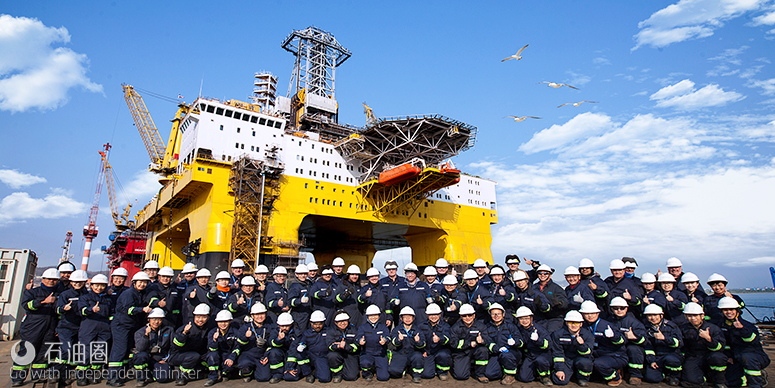
中石油(CNPC)是由中央直接管理的国有特大型央企,该公司是在原中国石油天然气总公司的基础上组建的特大型石油石化企业集团,为国家授权投资机构和国家控股公司,实行上下游、内外贸产销一体化,并按照现代企业制度运作,是一家跨地区、跨行业、跨国经营的综合性石油公司。其拥有员工约159万人,原油年产量为1.66亿吨,天然气年产量为1167.7亿立方米,炼化能力国内为1.51亿吨,国外4392吨。2015年全年营业额约2万亿人民币,赚取利润825亿元。
国油的“国际化”趋势
国油虽有政府支持,但油气行业复苏缓慢也使他们承受着不小的压力。能源基础设施招聘公司Airswift的首席运营官Janette Marx表示,若想缓解企业压力,国企还需注重能创造长期价值的特定项目,使企业在未来的发展道路上拥有更多选择权。
目前,虽然国油的钻井、勘探活动可能会受油价影响而有所减少,但墨西哥湾深水、北美页岩开发等重要项目仍将以强劲速度发展。他们向海外拓展业务领域的举措使许多大型跨国公司感受到了前所未有的压力。
国际化使员工更“自由”
Marx称,近年来,国企的这种国际化发展趋势创造了大量商机,同时也为国外的工程师、地质学家和其他相关领域的专家带来诸多好处。由于责任重大,国油的海外项目通常需要雇佣资深外籍人员,如一些在中东发展的国企,虽然他们已拥有足够的专业员工,但他们还是不得不招募外籍监管人员和顶级管理团队,以保证项目顺利进行,但这似乎更像是对缓解他国就业压力有益处。

实际上,外籍人员通常扮演的是员工导师的角色,随着培训不断深入,外籍员工数量就会相应缩减。这是一个自然的过程,对所有公司,甚至是国家都是有益处的。
此外,国有石油公司进军海外市场也会使人们对其固有看法改观。
一般来说,大家可能会觉得,在国家石油公司工作会等同于向国家屈服,没有自由发挥的空间。但随着国企不断发展,国际化转型需要国企开发新系统、新程序,这就为专业人员提供了更多参与计划、分享项目成果的机会。因此,工程师、地质学家及技术人员们将在国企中享有比以往更多的“自由”,在企业运营中留下自己的“痕迹”。另一方面,由于海外项目地点及进行阶段的不同,员工们也会拥有更多的旅游机会,并享有今后居住地的选择权。通过不断发展、完善,国有石油公司将发挥更积极的作用。
When the term “Big Oil” crops up in news reports, political campaigns and in other instances, the moniker often corresponds to private-sector oil and gas companies such as Exxon Mobil Corp., BP plc and Royal Dutch Shell plc. To be sure, such large investor-owned multinational companies do exert considerable influence in the global oil and gas industry; however, in some respects they are overshadowed by government-owned national oil companies (NOC).
As the U.S. Energy Information Administration (EIA) pointed out earlier this year, NOCs control most of the world’s proved oil reserves – 75 percent as of 2014. They produce the majority of the world’s crude oil – nearly 60 percent. In fact, a single NOC – Saudi Arabian Oil Co. (Saudi Aramco) – accounted for 10.7 percent of global oil production in 2014. In contrast, the shares of global oil production by multinationals ExxonMobil, BP and Shell during the same period were 2.4 percent, 2.2 percent and 1.7 percent, respectively.
Ownership is a major factor distinguishing multinationals – also known as international oil companies (IOC) – from NOCs. Investors alone own oil and gas companies in the former group, and such enterprises ultimately operate to make money for shareholders. NOCs, meanwhile, are fully or partially owned by governments and exist to satisfy objectives that go beyond the profit motive. For instance, some NOCs operate as extensions of governments to provide jobs, fund government programs and supply citizens with cheap energy. Other NOCs are owned by governments as well as private investors but are not government entities. They blend the need to create value for shareholders with other, national objectives. EIA’s website provides greater detail about the differences that exist among NOCs.
Opportunities (Increasingly) Without Borders
Like IOCs, NOCs feel the pinch of low commodity prices and must be more selective in prioritizing growth initiatives during leaner periods. Nevertheless, NOCs are forging ahead with certain projects that will create long-term value, said Janette Marx, global chief operating officer with the energy and infrastructure recruitment firm Airswift.
“Low oil prices may curtail NOC exploration and drilling, but large projects with associated major volumes will continue,” she said. “Expect significant projects, such as the Deepwater Gulf of Mexico and the shale development in North America, to continue at a strong pace. However, the longer-term supply pressure and country-level gearing will slow major production increases in stressed NOCs.”
Some NOCs are increasingly pursuing growth projects beyond their national frontiers, and this translates into employment opportunities for expats and nationals alike, Marx added.
“Multinational companies now find themselves competing as never before with state-owned companies armed with substantial financial and political support from their governments,” she said. “Many NOCs have expanded outside their home country and are performing work in other countries internationally.”
This internationalization of NOCs is creating lucrative opportunities with “healthy” benefits for expat engineers, geologists and other professionals, said Marx. Moreover, she noted the NOCs’ growth into other markets is shattering misconceptions about working for such companies.
“Commonly people may think if they accept a role with an NOC they may be captive to that national country,” Marx continued. “On the contrary, working for an NOC can open up many options for travel and relocation to various countries depending on the stage of the project and where the work is being performed.”
Marx added that working for an NOC can give professional engineers, geologists and technicians the flexibility to make a lasting imprint on how the company operates.
They “get the opportunity to develop new systems and procedures from the ground up,” she explained. “IOCs typically already have fully developed, stringent processes. This is an opportunity for professionals to own more of the planning and outcome of the projects they are on.”
The demand for expats often corresponds to level of responsibility, Marx pointed out. For instance, many NOCs in the Middle East already boast an abundant and well-established workforce but still require expat supervision and top-level management, she explained.
“Over time the need for expats may diminish as local professionals are trained and developed,” Marx acknowledged, pointing out that expats often serve as mentors for nationals. “This is a natural progression and healthy for all companies and countries.”
Which NOC is ‘Ideal’?
Respondents to Rigzone’s Ideal Employer Survey – approximately 8,400 people in more than 100 countries – have selected their favorite NOCs. Survey participants selected companies based on a variety of questions given current market conditions. To learn which companies scored highest, click through this slideshow counting down the Top 10 NOCs
未经允许,不得转载本站任何文章:
-

- 阿佳徐
-
石油圈认证作者
- 毕业于黑龙江大学英语口译专业,具有丰富的翻译工作经验。致力于观察国际油气行业动态,能够快速、准确传递油气行业最新资讯,提供丰富的油气信息,把握行业动向,为国内企业提供专业的资讯服务。(QQ:348418756)


 石油圈
石油圈











